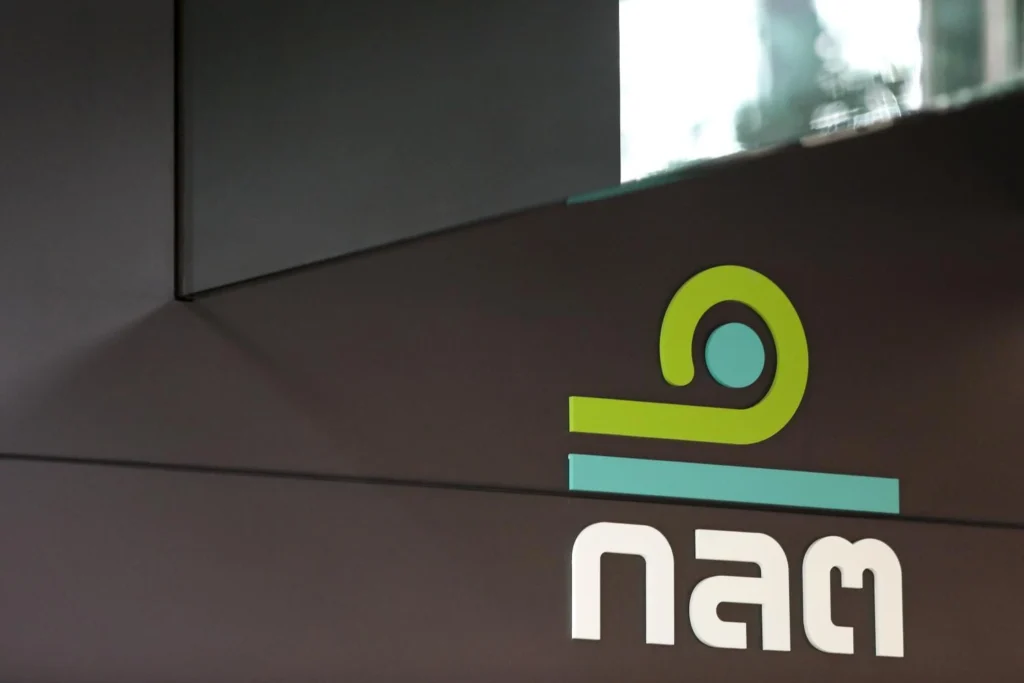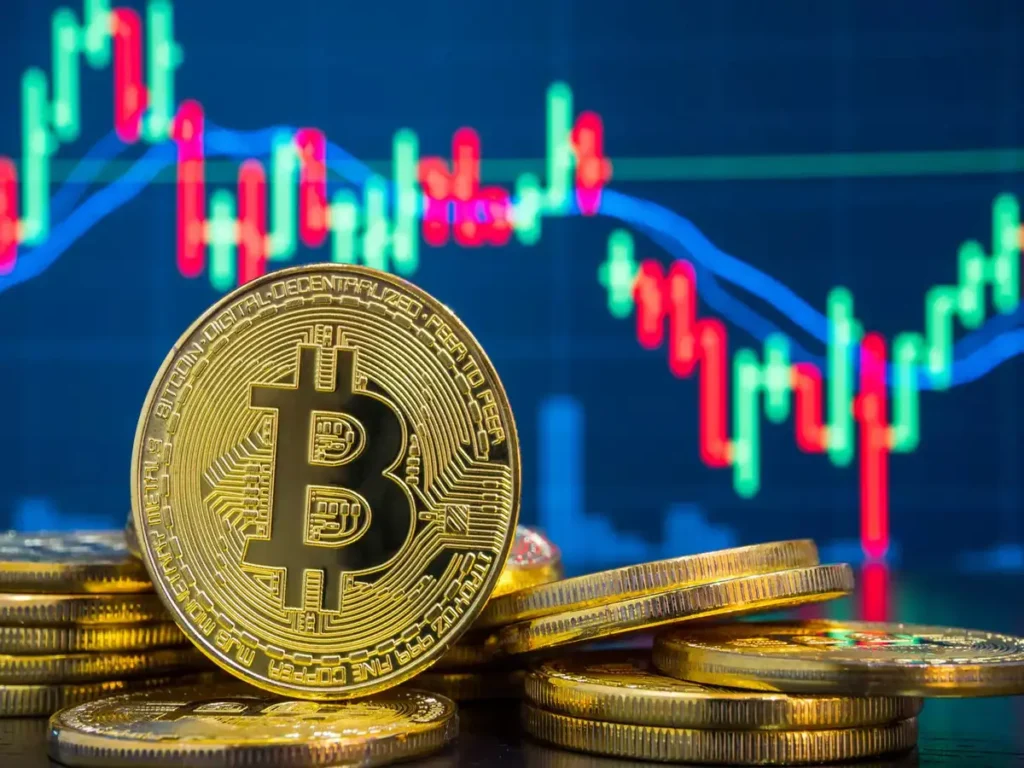For many Thai traders in 2025, the debate around Binance vs Bitkub Thailand is still going strong. Which one is safer? Cheaper? Easier to use?
Rather than give you another long-winded comparison, we’ve broken it down into the most frequently asked questions—the stuff Thai users actually want answers to.
Let’s get into it.
Q: Which platform has lower trading fees—Binance vs Bitkub Thailand?
A: Binance usually wins on fees. Its standard trading fee is 0.1%, and it can go lower if you use BNB (its native token).
Bitkub, by contrast, charges a flat 0.25%. It’s simpler, but definitely pricier for high-volume traders.

Q: Can I deposit Thai baht (THB) on both platforms?
A: Bitkub makes it easy. You can deposit and withdraw THB directly through Thai bank accounts.
Binance, however, no longer supports direct THB transactions due to regulatory pressure. You’ll need to use peer-to-peer (P2P) methods or deposit crypto from another wallet.

Credit from : Pay Bito Pro
Q: What about user experience—especially for beginners?
A: Bitkub is built with Thai users in mind. The interface is simple, everything is in Thai, and even the customer support speaks your language.
Binance is more advanced—it can feel like a professional trading dashboard. It’s powerful, but overwhelming if you’re new to crypto.

Credit from : Fidelity
Q: Is Binance legal in Thailand? What about Bitkub?
A: Bitkub is fully licensed and regulated by the Thai Securities and Exchange Commission (SEC), so it operates within all local legal frameworks.
Binance doesn’t hold a Thai license. It operates through workarounds like P2P or third-party platforms. It’s accessible, but not formally approved in Thailand.

Q: Which platform has more cryptocurrencies available?
A: Binance wins this category hands down. It offers hundreds of tokens—including many niche altcoins, staking assets, and DeFi opportunities.
Bitkub focuses on mainstream coins like BTC, ETH, and USDT, along with a few local tokens such as JFIN. It’s more limited, but may be enough for everyday investors.

Q: What’s the safer option for Thai residents?
A: For regulatory safety and local compliance, Bitkub is the safer bet. It follows Thai law, uses domestic banking systems, and offers Thai-language support.
Binance is secure from a tech perspective but less predictable when it comes to local regulations or service changes.
Q: Can I use both Binance and Bitkub together?
A: Yes—and many Thai traders do exactly that.
They’ll deposit baht into Bitkub, convert to USDT or BTC, then transfer that to Binance to take advantage of better trading tools and more coins. It’s a bit of a workaround, but effective if you know what you’re doing.
Q: Is Binance better for advanced trading features?
A: Definitely. Binance offers futures, margin trading, staking, liquidity pools, launchpads, and even NFTs. If you’re exploring DeFi or want a more global experience, Binance delivers.
Bitkub keeps things simple—great for spot trading, not much else.
Q: So… which one should I choose?
A: It depends entirely on what you need:
- Choose Bitkub if you want fast THB transfers, Thai-language support, and legal compliance.
- Choose Binance if you need deep features, low fees, and a wider range of assets.
- Use both if you want the best of both worlds (just be prepared for a bit of juggling between wallets).
Final Thoughts: Binance vs Bitkub Thailand in 2025
Both Binance and Bitkub have their strengths—and your best choice depends on your trading style, risk tolerance, and comfort level with global platforms.
If you’re new and want a platform that just works in Thailand? Bitkub is the easy pick.
If you’re experienced and willing to manage a few extra steps for more features? Binance might be your go-to.
At the end of the day, the best platform is the one that lets you trade securely and confidently—without losing sleep over tech glitches or missing withdrawal options.











